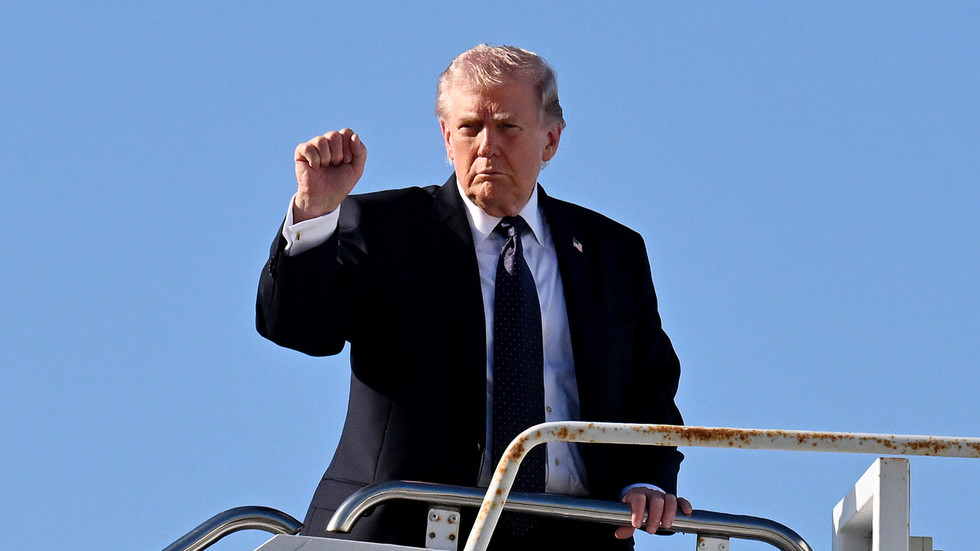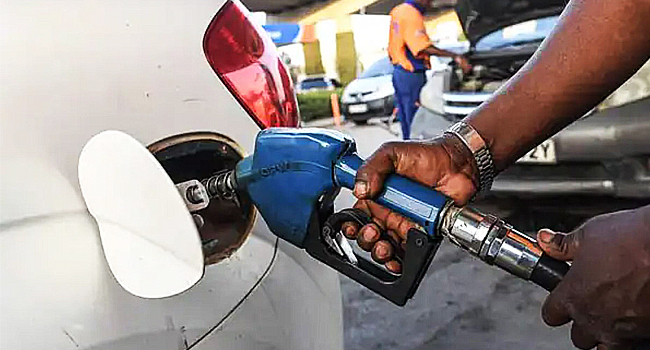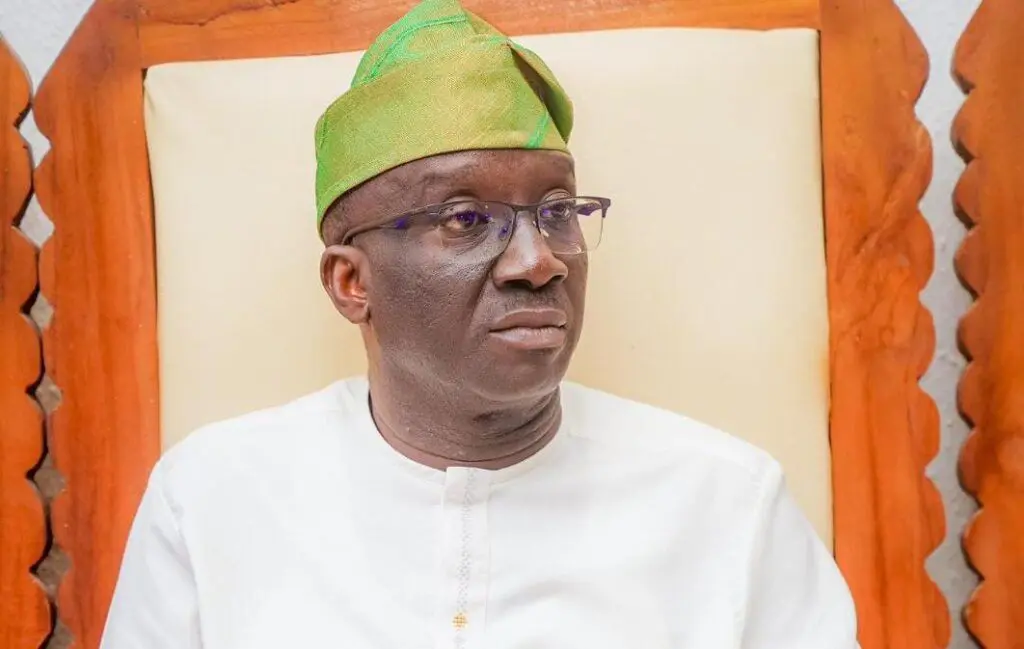Samsung Electronics faced a turbulent day on South Korean stock markets Tuesday, with shares initially slipping over 2% before stabilizing by midday. The dip followed a brief rally triggered by news of a $16.5 billion agreement to supply advanced artificial intelligence chips to Tesla, as reported by Reuters. Tesla CEO Elon Musk confirmed Sunday that Samsung’s newly operational facility in Taylor, Texas, will manufacture next-generation AI6 processors for applications ranging from autonomous vehicles to humanoid robots, though specifics about production timelines remain unclear.
The high-stakes partnership arrives amid mounting pressure on the world’s largest memory chip producer to demonstrate the viability of its $17 billion Texas investment. Industry analysts note the facility has faced difficulties securing anchor clients, compounded by reported challenges in optimizing production of its most sophisticated semiconductors. These technical hurdles have reportedly contributed to lower-than-expected output volumes at the plant.
Market observers highlight the Tesla contract as a critical opportunity for Samsung to regain momentum after recent setbacks in its semiconductor division. The company has simultaneously faced delays delivering cutting-edge high-bandwidth memory (HBM) chips—essential components for AI systems—to technology heavyweight Nvidia. This supply chain issue has amplified concerns among investors, contributing to reduced profitability and stock performance pressures in recent quarters.
“Securing Tesla as a marquee client helps validate Samsung’s advanced manufacturing capabilities,” noted a Seoul-based tech analyst, speaking on condition of anonymity due to corporate policies. “However, the market remains watchful of operational execution given their recent production challenges.”
By midday trading, Samsung shares pared losses to trade nearly unchanged, contrasting with the broader KOSPI index’s 0.6% gain. The partial recovery suggests cautious investor optimism about the Tesla deal’s long-term potential, despite short-term skepticism.
The agreement positions Samsung more directly against industry rivals like Taiwan Semiconductor Manufacturing Company (TSMC) in the competitive AI hardware sector. Tesla’s selection of the Texas plant underscores efforts to localize critical components for the U.S. automotive and tech sectors, aligning with broader industry shifts toward regionalized semiconductor supply chains.
As global demand for AI-optimized chips continues surging, Samsung’s ability to address production challenges at its Texas facility while maintaining relationships with major clients like Nvidia will likely determine its trajectory in the intensifying semiconductor race. With automotive and robotics applications projected to drive significant chip demand through the decade, market watchers anticipate heightened scrutiny on the company’s operational updates in coming quarters.



